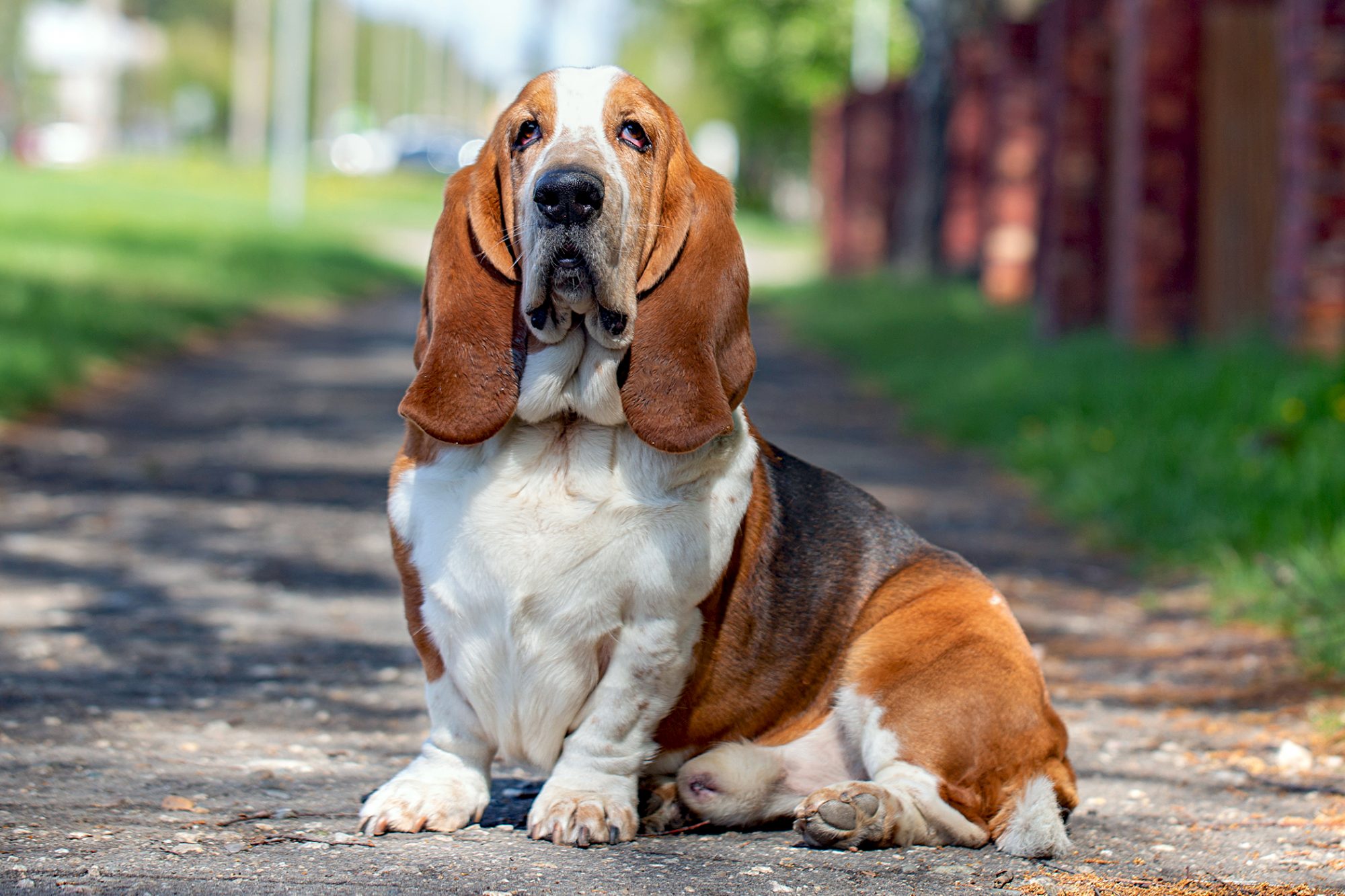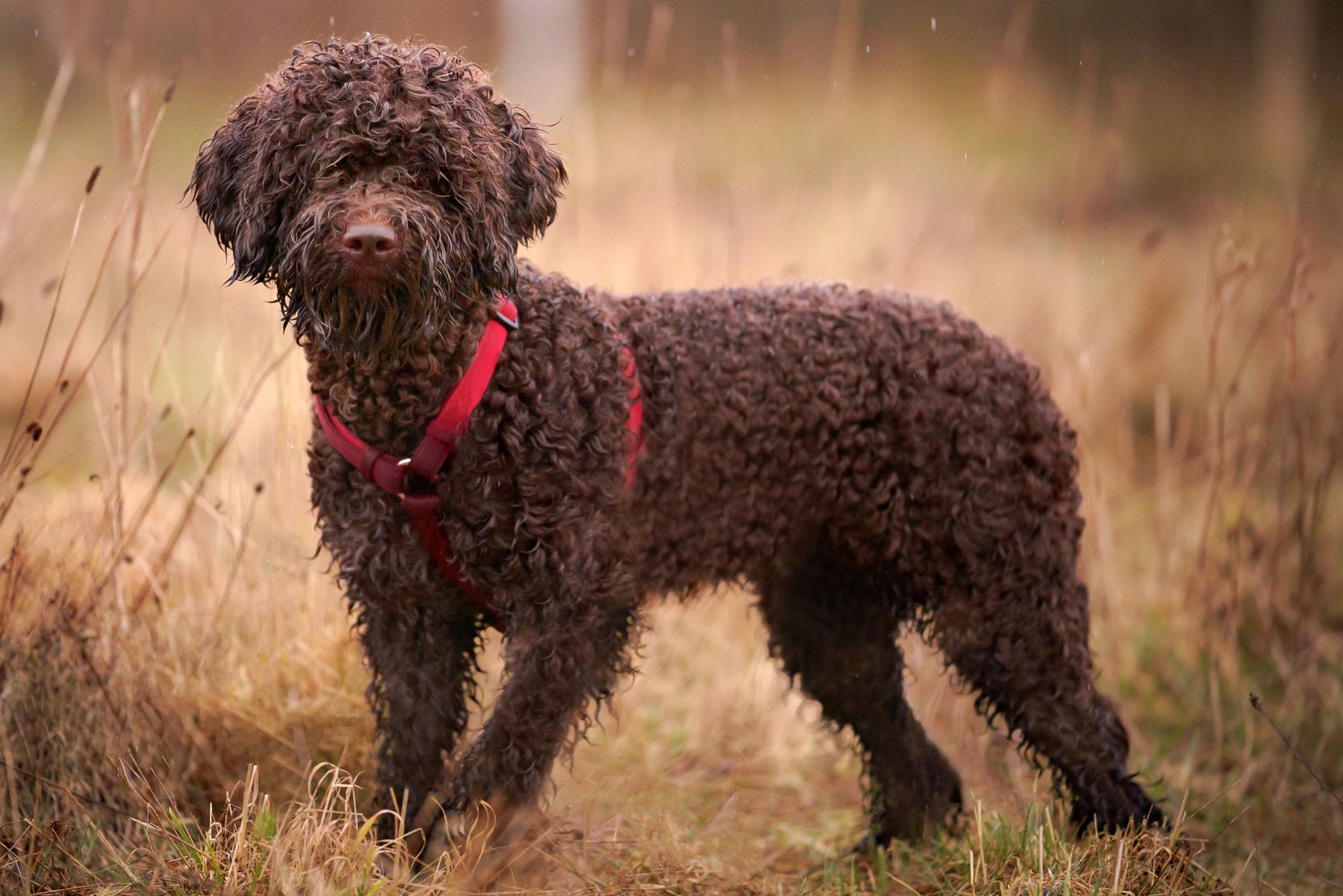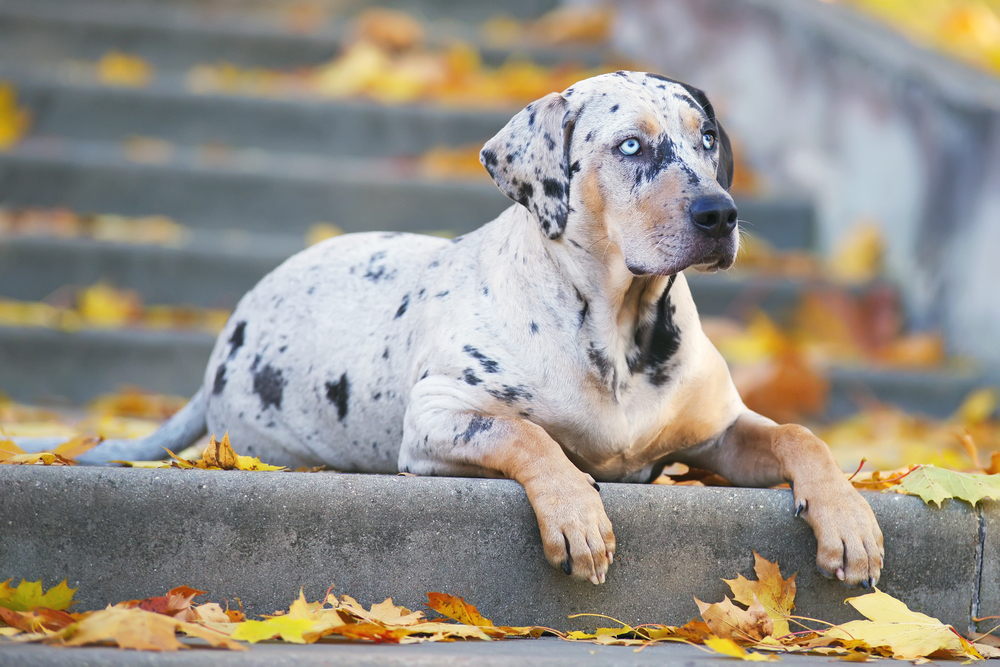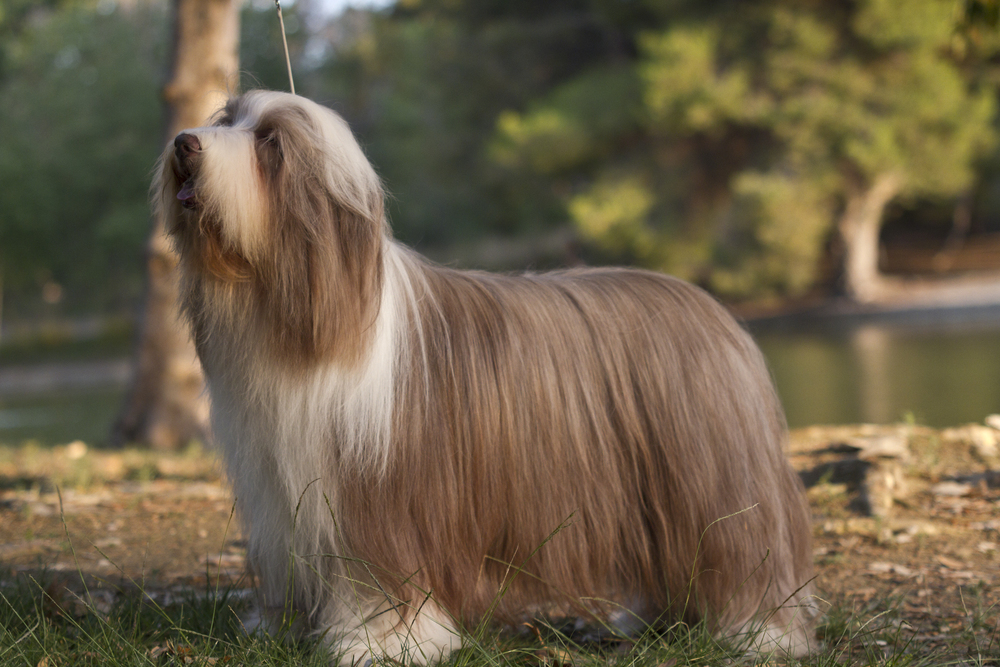Introduction
The Basset Hound is a charming and lovable breed known for its droopy ears, soulful eyes, and sweet nature. Originally bred in France for hunting small game, they are now a popular companion dog known for their affectionate and laid-back personalities. Basset Hounds are known to be social dogs that enjoy the company of their family and other animals, and they do well in homes with children. They are also known for their stubbornness, so early and consistent training is important to ensure they become well-behaved and obedient. With proper care, attention, and exercise, the Basset Hound can make a wonderful addition to any home.
Temperament
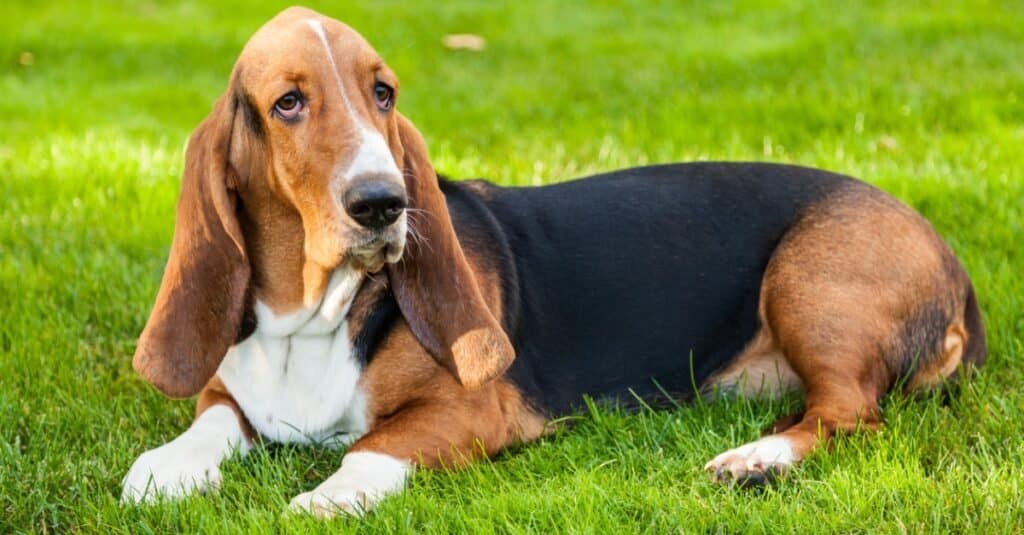
The Basset Hound is a lovable breed with a friendly and gentle personality. They are known for their laid-back nature, making them an excellent choice for families with children. Basset Hounds are also social dogs that enjoy the company of their family and other animals. They are typically not aggressive, but they can be stubborn and independent, which may make them challenging to train. Basset Hounds are also known for their exceptional sense of smell and love to follow scents, which can sometimes lead them into mischief. Overall, the Basset Hound is a loyal and affectionate companion that enjoys spending time with its family and making them laugh with their comical antics.
Aggression in Basset Hound
Aggressive behavior in Basset Hounds, or any other breed of dog, can be caused by various factors, including genetics, lack of socialization, fear, anxiety, and learned behavior. Aggression can manifest in different ways, such as growling, biting, or snapping, and it’s important to address the issue as soon as possible. Punishing or ignoring aggressive behavior can worsen the problem, while positive reinforcement training and behavior modification techniques can help address the issue and improve the dog’s behavior.
Health and Lifespan
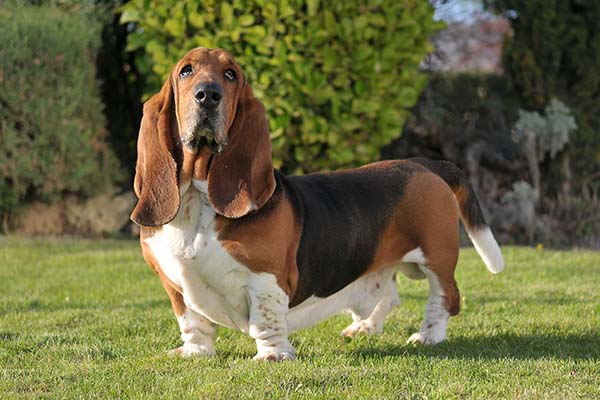
The reported lifespan range of Basset Hounds is typically between 10 to 12 years. However, as with any breed, the lifespan can be influenced by various factors such as genetics, diet, exercise, and overall health care. Providing proper care, regular veterinary check-ups, and a healthy lifestyle can help ensure that your Basset Hound lives a long and healthy life. Some common health issues that can affect Basset Hounds include obesity, hip dysplasia, and ear infections, so it’s important to be aware of these potential issues and take steps to prevent them.
Food for Basset Hound
The best food for a Basset Hound will depend on their individual needs, including age, activity level, and overall health. A high-quality dog food that is rich in protein and low in fillers and artificial ingredients is generally recommended. Look for foods that list meat as the first ingredient, and avoid foods that contain by-products or excessive amounts of carbohydrates. Wet or dry food can be a good choice for Basset Hounds, but it’s important to follow feeding instructions and avoid overfeeding to prevent obesity. Consult with your veterinarian for specific recommendations on the best food for your Basset Hound’s individual needs, and consider a gradual transition to any new food to prevent digestive issues.
Training for Basset Hound
Training a Basset Hound requires patience, consistency, and positive reinforcement. Bassets are known to have a stubborn streak, so it’s important to establish yourself as the pack leader early on. Start with basic obedience commands such as “sit,” “stay,” and “come,” using treats as rewards. Be sure to keep training sessions short and fun to avoid boredom or frustration. Socialization is also crucial for Bassets, so expose your dog to a variety of people, animals, and environments to help them become well-rounded and confident. Consistency is key, so be sure to set clear rules and boundaries and stick to them. With time and effort, your Basset Hound can become a well-trained and well-behaved companion.
Conclusion
In conclusion, Basset Hounds can make wonderful pets with their lovable personalities and distinctive appearance. However, training a Basset requires patience, consistency, and positive reinforcement to overcome their stubborn tendencies. By providing proper socialization, clear rules and boundaries, and plenty of love and attention, you can develop a strong bond with your Basset and enjoy a happy and fulfilling life together. With dedication and effort, your Basset Hound can become a cherished member of your family for years to come.
